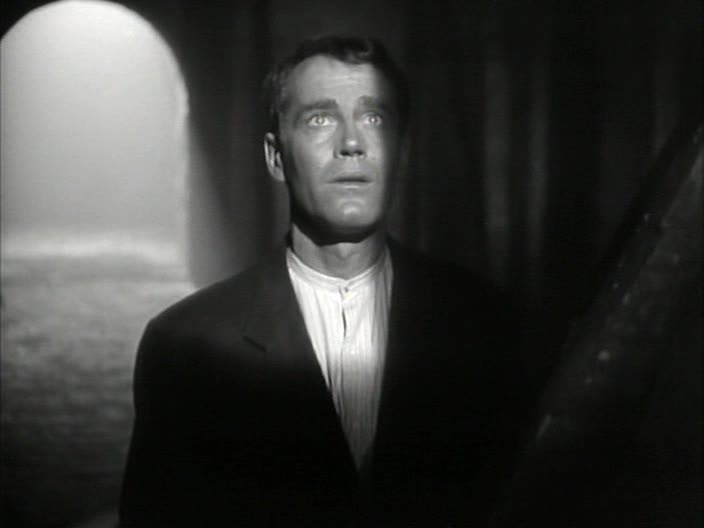Ben’s Blog: There Is No God.
In the beginning was the word, but that’s only ever just the start…
I have an increasingly heretical stance on scripts. The contradictions inherent in the process of writing for the screen have troubled me before but the whole truth is that when it comes to scripts I find myself like a priest in a Graham Greene novel.
I was born writing. As a child my favourite toys were old typewriters. At 7 I wrote the play my school performed for Christmas and I have never looked back. Growing up we would laugh at the Americans and their writers rooms, their paid development process, their habit of bringing in fresh writers like honest folk might change socks. It was clear, you never needed another writer you just needed to give your writer another cup of tea.
I imbibed unquestioningly the British understanding of the dramatic hierarchy: the writer is God, the script his Text and Directors mere Jesuses trying to explain the complicated bits. (And yes, there had to be complicated bits, otherwise you wouldn’t know it was good).
At the core of this perfect cosmology in which all suns circle the Word, was the central belief in perfecting the script. What makes a great film? A great script.
Now don’t get me wrong, I’ve fallen but a faith never really leaves you. I can think of films I enjoyed that have bad scripts and I can think hundreds that everyone else loves that have terrible scripts – but I wouldn’t want to have made any of them. I still admire the craft and if forced to drop all my hyphenates I would in the end be a writer not a director. However, brothers and sisters of the slugline, I don’t think you should perfect your script.

Or perhaps, what I mean is that we all need to alter our understanding of what a perfect script is.
Because a perfect script is not a finished thing. It is not a document that leaves no questions to ask. It is not the dynamite that utterly expresses all that needs to be expressed. It is not a flawless thing to be served instead of challenged. If your script has reached the stage where it cannot change – it’s not perfect, it’s over baked.
The perfect script should be raw, not just emotionally but actually uncooked and not good to feed to guests. It should be structurally sound but leave the reader racing ahead. It should highlight its own short comings, the necessary holes that require performance, photography, design, score and sound.
Of course, I write this not for my fellow writers but for producers, for directors, for development execs, for executive producers, for script editors and script readers – especially script readers. Writers, real writers, already knew this. If you’re not a writer and you’re looking for the “perfect script” then think hard about what you are actually looking for because it’s less like a cake and more like a bag of flour and box of eggs.

